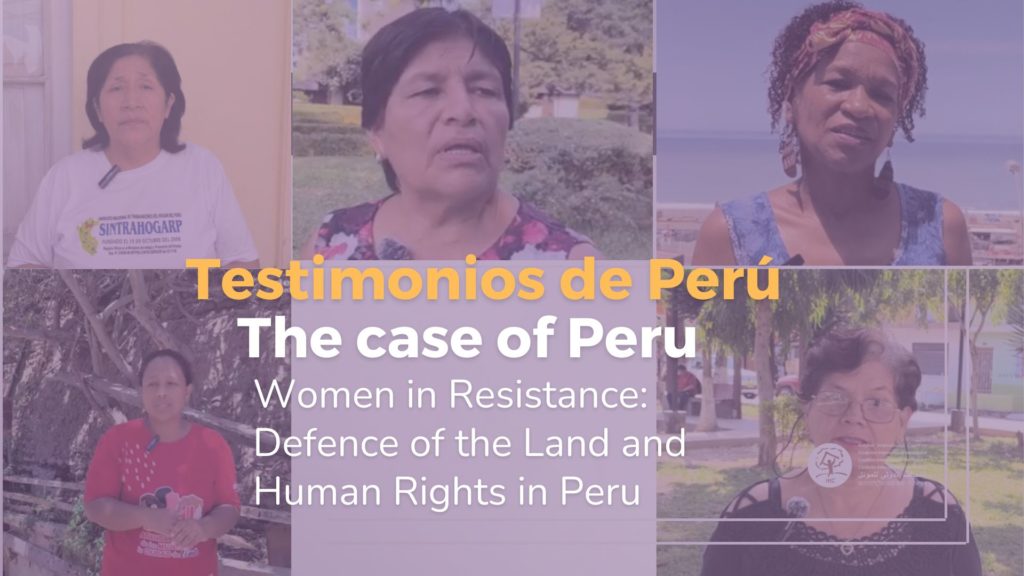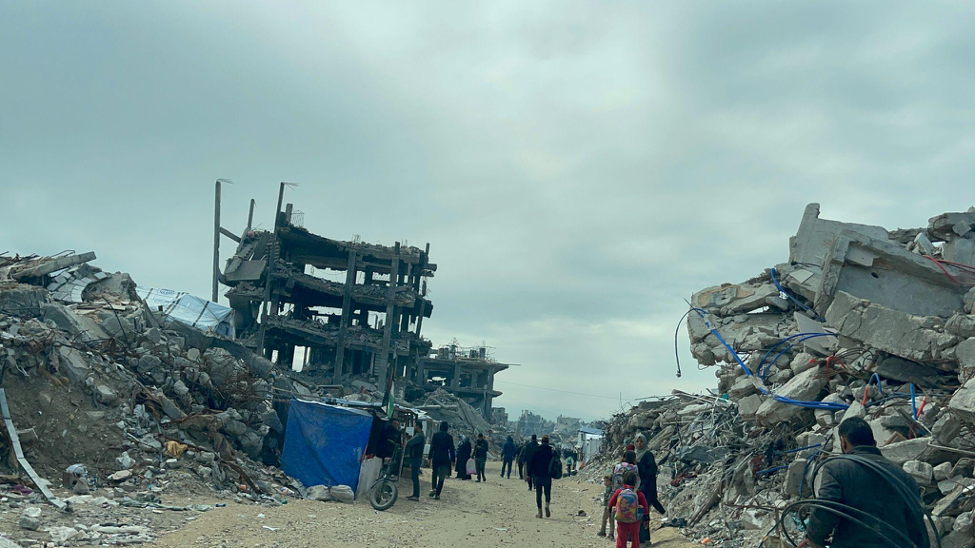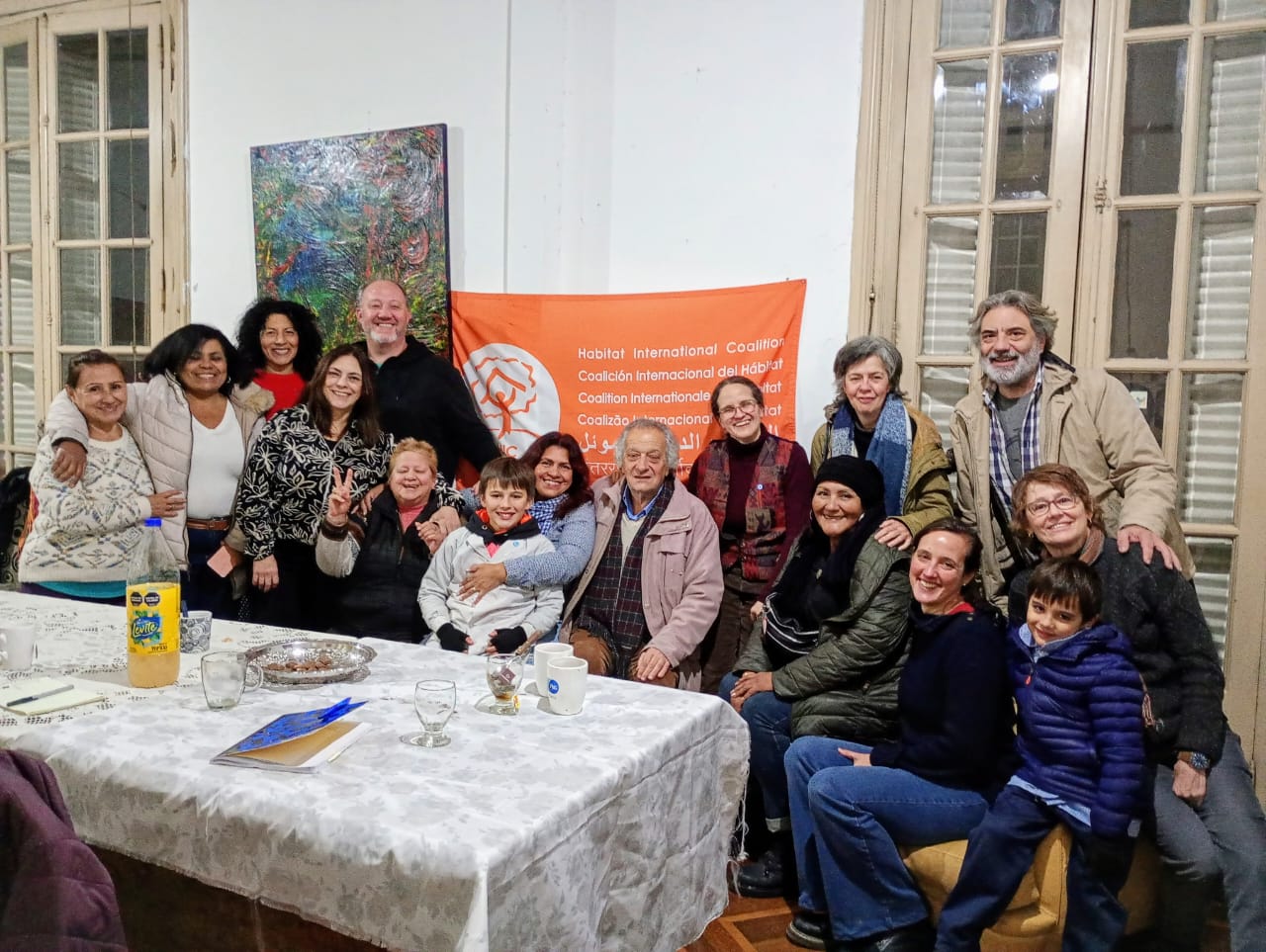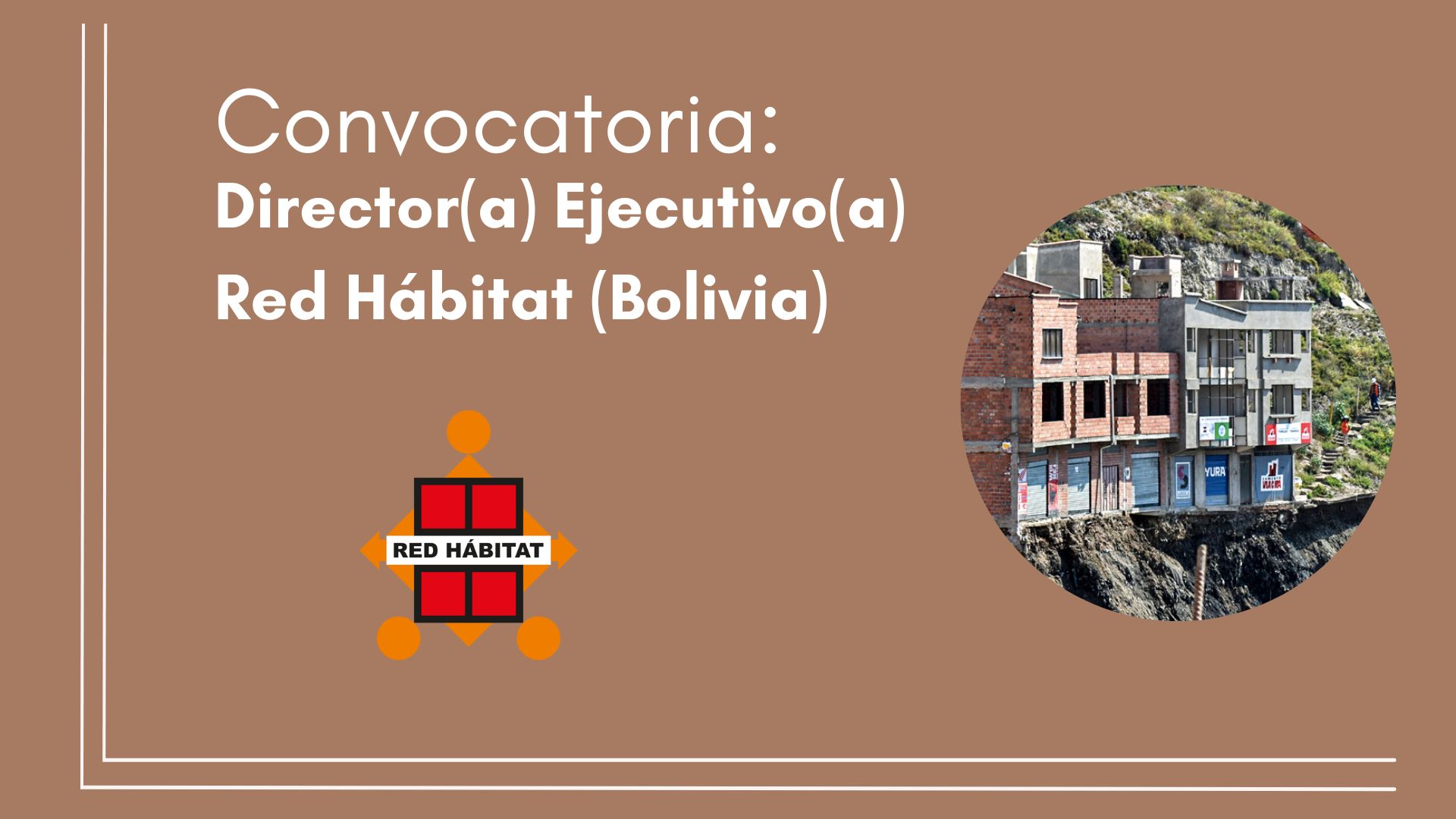In Peru, feminist movements have played a key role in the defence of human rights and territory, facing constant threats. From the fight against gender violence to the precariousness of work, these women have built support and solidarity networks as strategies of resistance.
Through Desco Ciudad Ciudadano’s Women’s City Programme, they are promoting initiatives based on collective care and the construction of alternatives to defend their rights and their habitat. In this article, we explore their testimonies and key actions.
The Threats They Face
Feminist leaders have denounced a number of structural challenges affecting women in the country:
? Gender-based violence and femicides
Angélica Agüero Carrasco of the Red de Mujeres de Lima Norte highlights the alarming increase in male violence in Peru:
“From January to February we have 17 feminicides. Last year we closed with more than 100. There is no justice, the cases go unpunished and the sanctions are not drastic”.
It also denounces the attempt to merge the Ministry of Women’s Affairs with the Ministry of Social Development, which would make gender issues even more invisible.
? Watch her full testimony here: ? Video of Angélica Agüero Carrasco
⚫ Racism and structural discrimination
Ernestina Ochoa, of the Association of Black Women Workers of Peru (AMUNETRAP), denounces that the Afro-descendant population continues to be marginalised:
“We are seen and treated with discrimination, and this is passed on from generation to generation. Who listens to us?
? Watch her full testimony here: ? Video of Ernestina Ochoa
⚠️ Job insecurity and loss of rights
Paulina Luza of the National Union of Peruvian Domestic Workers (SINTRAHOGARP) warns of the vulnerability of women workers:
“Overnight, anti-rights regulations are coming out. If they touch one of us, we respond to all of them”.
? Watch her full testimony here: ? Video of Paulina Luza
Resilience Strategies: Mutual Care and Solidarity
Faced with these challenges, women have woven feminist support networks, promoting collective care as a tool of resistance.
? Care as political action
Relynda Sosa of the National Confederation of Organised Women for Life and Integral Development (CONAMOVIDI) highlights the importance of community organisation in the struggle for basic rights:
“We have succeeded in making community food a public policy. Women’s organisations have been key in the construction of equality policies”.
? Watch her full testimony here: ? Video of Relynda Sosa
? Community health and empowerment
Carmen Rosa Vilela Vargas of the Red de Promotoras de Salud de Lima y Callao emphasises the crucial role of health promoters:
“We are 27,000 community agents. We go from house to house providing health information and prevention, but we are still invisible to the state.
? Watch her full testimony here: ? Video of Carmen Rosa Vilela Vargas
The Role of Feminism in the Defence of Territory and Human Rights
These testimonies show how feminism in Peru is deeply linked to mutual care and the defence of territory. They not only fight for the recognition of their rights, but also build support networks that guarantee the survival of entire communities.
Desco Ciudadano’s programme: Ciudad Mujer has been fundamental in this process, strengthening women’s organisation and promoting their participation in the defence of their rights and habitat.
Learn More and Support the Struggle
- Listen to these in-depth testimonies and support the resistance of Peruvian women by watching the full videos in the links above.
- Share this article to make the feminist struggle in Peru more visible and to strengthen support networks.
Peru in crisis: challenges and risks for democracy
Peru’s democracy is going through one of its worst crises in decades. According to Desco Peru’s report ‘Peru Today: The Collapse of Democracy‘, the country faces a series of structural challenges that threaten its political, economic and social stability.
What are the main challenges in Peru?
1.Institutional crisis and weakening of democracy
- Lack of government legitimacy and distrust of institutions.
- Use of power for special interests and concentration of decisions.
2. Corruption and illegal economies
- Advance of drug trafficking, especially in areas such as the VRAEM.
- Money laundering and lack of control over illicit activities.
3. Impact of the crisis on the economy and employment
- High levels of labour informality and lack of public investment.
- Dependence on extractive sectors and conflicts with communities.
4. Social tensions and governance
- Proliferation of protests and public discontent.
- Weak state response to social demands.
Where is Peru heading?
The country is at a turning point. The lack of deep reforms and the advance of authoritarian models put fundamental rights and democratic stability at risk. An urgent response is needed to restore confidence in institutions and strengthen the rule of law.
From HIC and with the collaboration of Desco Peru, this month we amplify the voices of Members from around the world, sharing knowledge, experiences and frontline perspectives on political challenges, human rights violations and the powerful resistance led by social movements and grassroots organisations. Check out the Campaign and ? share it widely!



